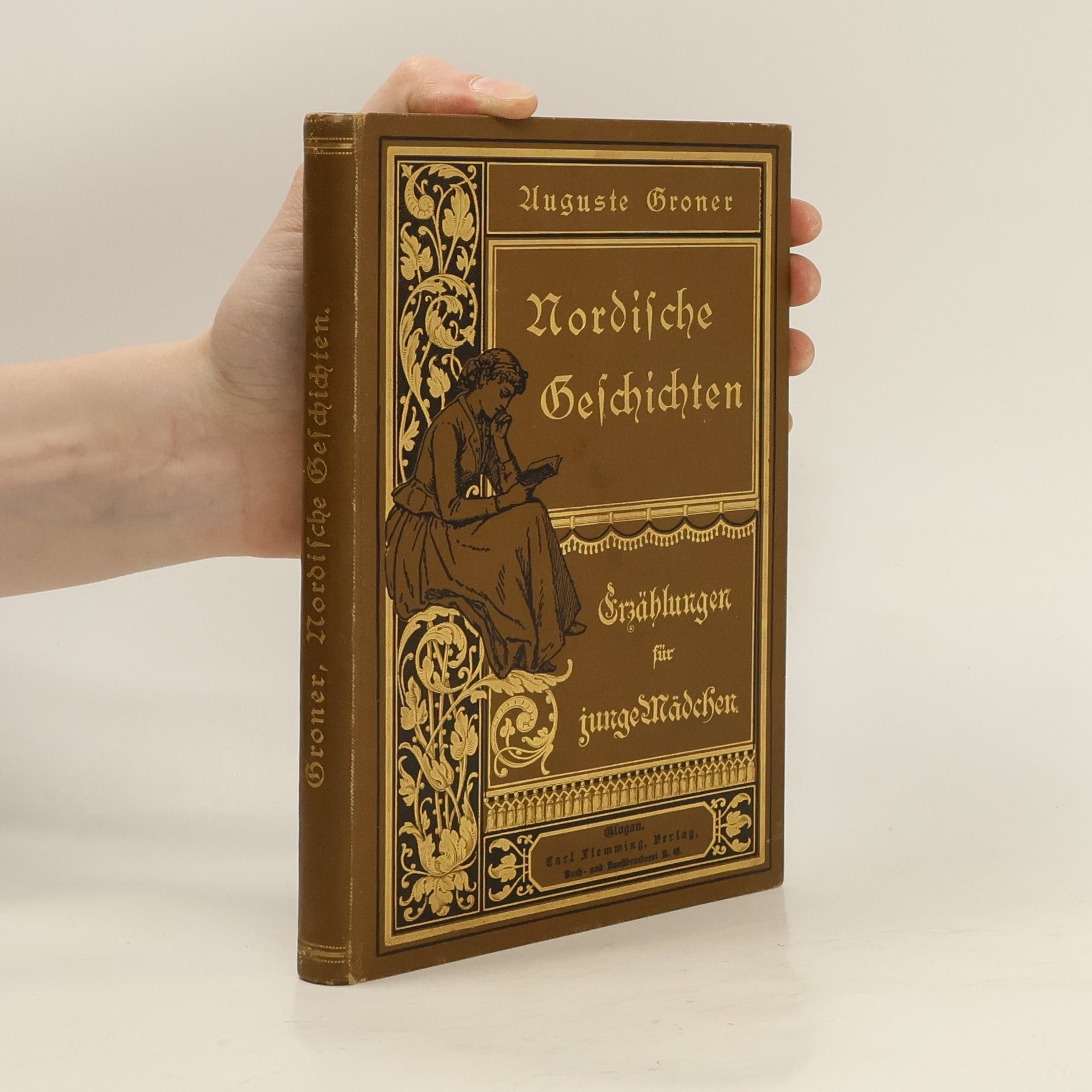This publication focuses on making historical works accessible by offering them in large print, specifically designed for individuals with impaired vision. The Megali publishing house emphasizes the importance of inclusivity in reading, ensuring that classic texts can be enjoyed by a broader audience.
Auguste Groner Books
Auguste Groner, also known as Augusta Groner, was an Austrian author from Vienna. She crafted her narratives under various pseudonyms, notably adopting the masculine guise of August Groner, alongside names like Olaf Björnson, A. of the Paura, Renorga, and Metis. Her writings delve into the complexities of human psychology and the societal norms of her era. Groner skillfully explored intricate relationships and moral quandaries with a keen eye for detail and profound insight.






This book is a reproduction of a historical work, specifically designed in large print to enhance readability for individuals with impaired vision. Published by Megali, a house dedicated to making historical texts more accessible, it aims to preserve important literature while catering to the needs of those who struggle with standard print sizes.
The book is a reproduction of a historical work, published by Megali, which focuses on making literature accessible to individuals with impaired vision through large print formats. This initiative highlights the importance of inclusivity in reading, ensuring that historical texts are available to a wider audience.
This publication focuses on making historical works accessible by utilizing large print, catering specifically to individuals with impaired vision. The initiative by Megali highlights the importance of inclusivity in reading, ensuring that valuable historical texts are available to a broader audience.
The publishing house Megali focuses on making historical works accessible by producing them in large print, catering specifically to individuals with impaired vision. This initiative aims to enhance the reading experience for those who may struggle with standard text sizes, ensuring that important historical literature remains available to a wider audience.
The Brief aus dem Jenseits
Kriminalnovellen
Der Brief aus dem Jenseits
Kriminalnovellen
Die hier versammelten Kriminalnovellen der zu Unrecht in Vergessenheit geratenen Wienerin Auguste Groner (1850-1929) stehen in der Tradition von Edgar Allan Poe und Arthur Conan Doyle. Als akribische Beobachterin öffnet sie ein Fenster auf ihre Zeit, deren zwielichtige Charaktere und gesellschaftliche Probleme. Die Ge-schichten dieser deutschsprachigen Agatha Christie lohnen sich – nicht nur für Tatort-Fans – unbedingt wieder gelesen zu werden!


